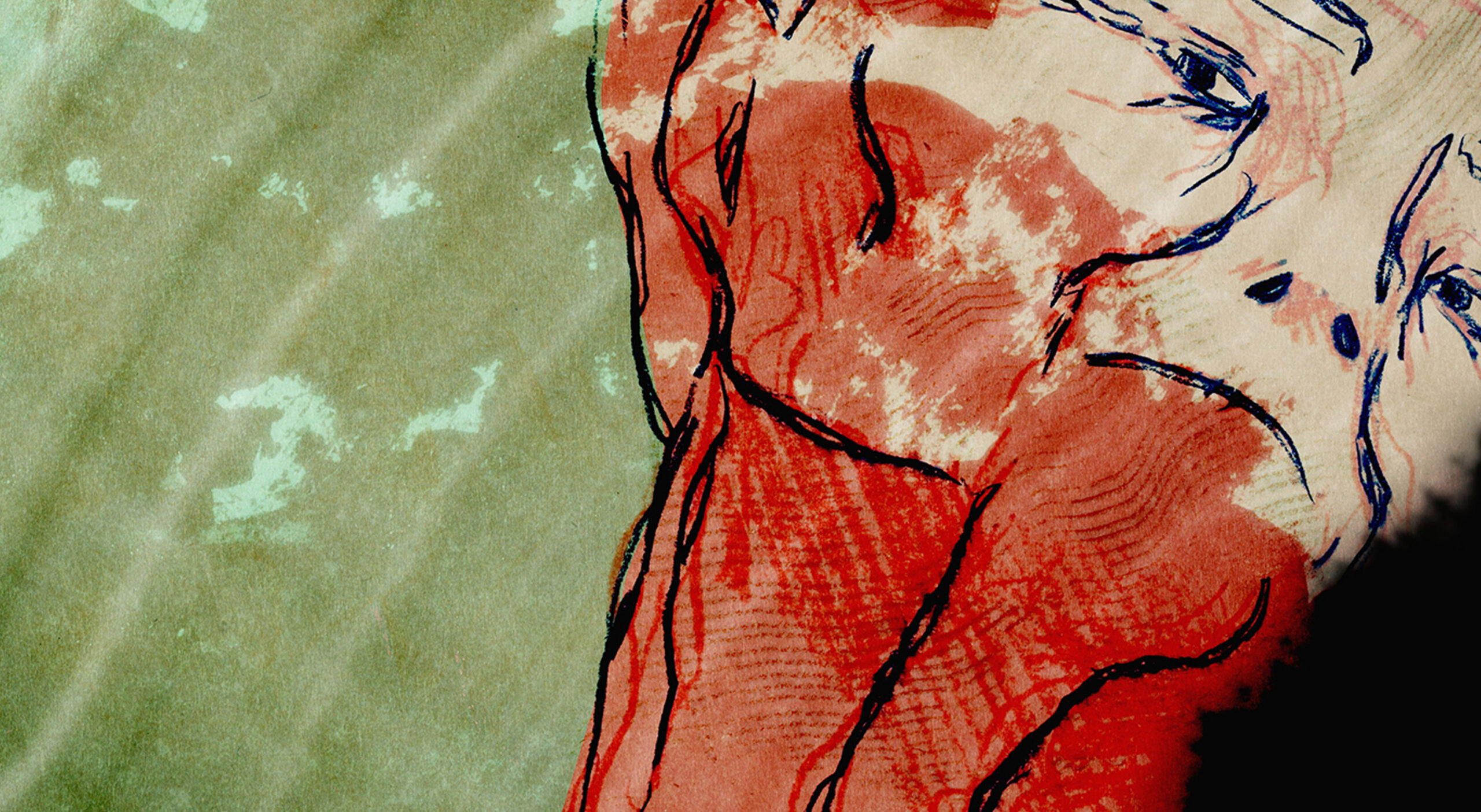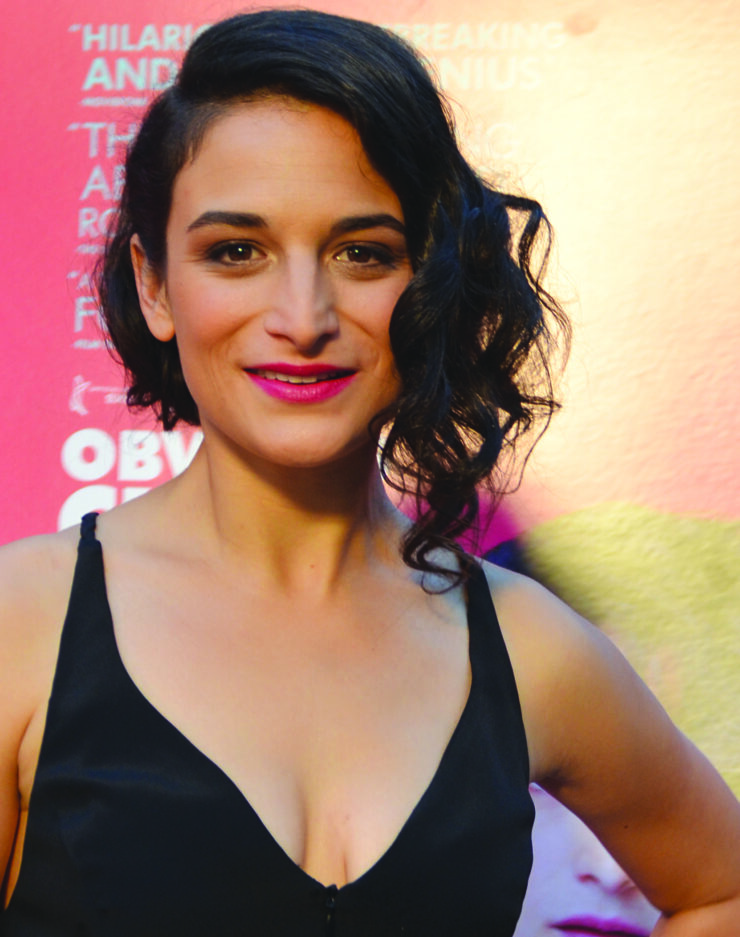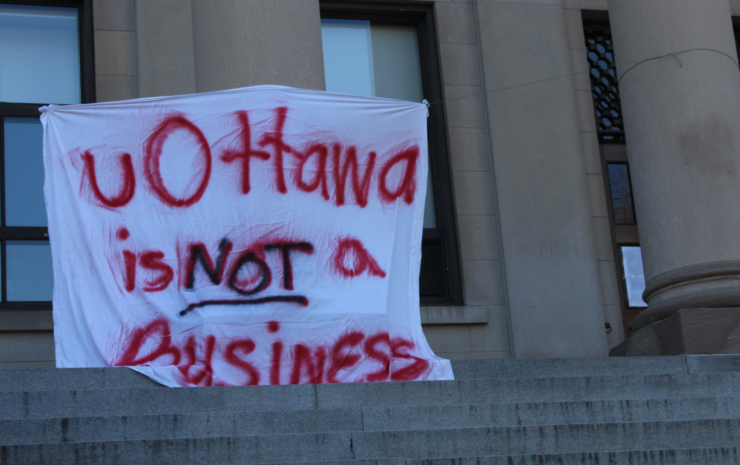Aphasia is at times unnervingly calm and bitterly poignant
There is something about the frustrating languor that permeates Aphasia that makes this piece a hallmark of the Ottawa International Animation Festival (OIAF).
Aphasia by Marielle Dalpé is about the neurocognitive condition that renders people with Alzheimer’s disease unable to speak and understand words.
Dalpé illustrates the violence of the neural cognitive destruction beautifully by presenting viewers with a narrator who struggles to describe the effects of aphasia.
To accurately describe the loudness of the silences and the evident incoherence of those moments juxtaposed with the sudden bursts of belligerent noise and colours that compose this masterful work, it would be like restlessly trying to sleep away pain.
The superimposition of sound, written and orally rehearsed text, narration, and visual effects portray a bitterly hopeless fight many with aphasia face as they watch their own language abilities slowly deteriorate.
Between the French and English versions, I would say each has special elements that add somewhat different perspectives and textures to the film.
For one, Dalpé primarily used the voice of French-Canadian legend Andrée Lachapelle. As her voice is the primary force of the sound design in the French version, this adds a deeper sense of intimacy with the listener.
The English version uses the vocal talents of Clare Coulter in tandem with a much more aggressive sound design, where sharp shrieks and loud swells pierce the ears as viewers not just see but hear the struggling of the narrator.
The use of colour and texture is brilliant, the harsh reds strike with as much terror as the enveloping black walls portray feelings of hopelessness.
Overall the piece expertly portrays the sadness and confusion many people who suffer from aphasia face. This is an important work that is well deserving of the recognition it has gotten so far, and the growing awareness it will soon hopefully receive.






